
Do Americans spend too much money on cars? There’s a school of thought out there that says a car will take you on the road to financial ruin.
Cars have become more expensive than ever. They require costly insurance, maintenance and repairs, and they depreciate in value rapidly.
A car is “basically a miniature Venezuelan economy on wheels, rapidly depreciating with no end in sight,” writes Eben Weiss for Outside Magazine, “and as soon as you’re dependent on one to get anywhere, you’ll be indentured to it for the rest of your life.”
Buying too much car is one of the easiest and biggest financial mistakes someone can make, says Sam Dogen, who writes about how to attain financial independence at the Financial Samurai.
For many, a car may be the only way to get to work to make money in the first place. But for those who seek financial freedom (or at least avoid financial ruin) should consider spending as little a possible on a car.
Consider the 10% rule to determine how much car you can afford. Brace yourself. The rule states that you should spend no more than 1/10th your gross annual income on the purchase price of a car, according to Financial Samurai. To be clear, that's purchase price, not annual expenditure.
That means that someone making $100,000 a year would buy a $10,000 car. Stop laughing. Or, someone making $176,000 would buy a Kia Rio.
The average price of a new car in January 2023 was $48,094, according to Kelley Blue Book: based on the 10% rule, you’d need to make a half million a year to get that average car. Only 1% of Americans make more than $500,000, according to the World Economic Forum.
The average used car price in Jan. 2023 was about $26,510 -- so you’d need to make more than a quarter million a year to buy that car, using the 10% rule.
In any case, if a $5,000-$10,000 car sounds to you like it might be unsafe or incur high maintenance costs, to live by this rule as best as you can, you’ll want to buy a low-priced car and keep it for a very long time and when you do strike it rich, it will have good resale value.
Kelley Blue Book, a company whose stock and trade has always been vehicle valuation, compiles an annual list of vehicles that have the best resale value after five years.
Their resale values are established by automotive analysts who review the output from statistical models built upon millions of transactions. Vehicles that earn the highest 5-year residual values, expressed as a percentage of their original sticker price, are selected for the resale value awards. Low-volume vehicles are excluded, except in the electric, luxury, and sports car categories.
These are the cars, trucks, EVs and SUVs given Kelley Blue Book’s best resale value awards, plus the brands that took the crown.
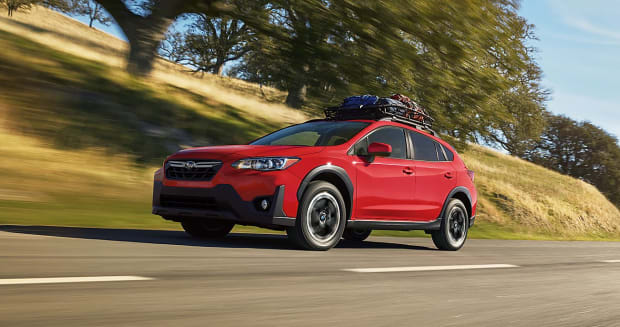
The SUVs With the Best Resale Value:
2022 Subaru Crosstrek
- 5-year resale value: 52.3%
- Type: Subcompact SUV
- Starting price: $22,645
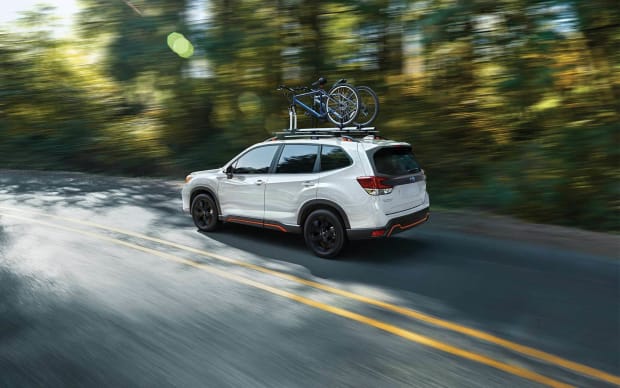
2022 Subaru Forester
- 5-year resale value: 47.2%
- Type: Compact SUV
- Starting price: $25,395
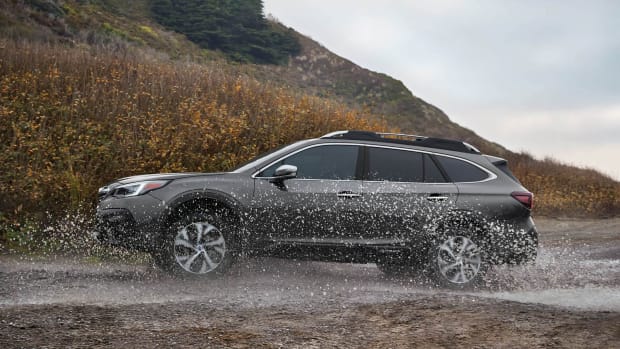
2022 Subaru Outback
- 5-year resale value: 45.2%
- Type: 2-row midsize SUV
- Starting price: $27,145
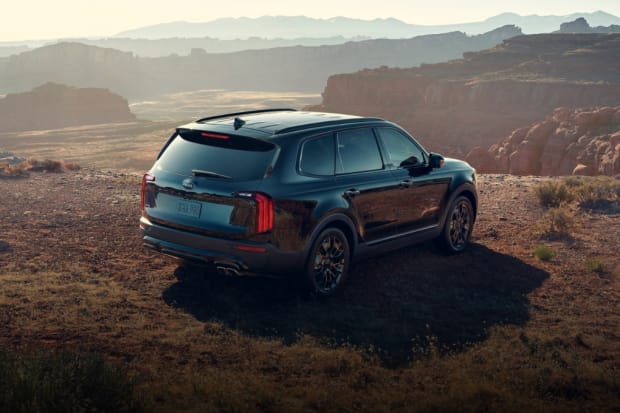
2022 Kia Telluride
- 5-year resale value: 51.9%
- Type: 3-row midsize SUV
- Starting price: $33,090
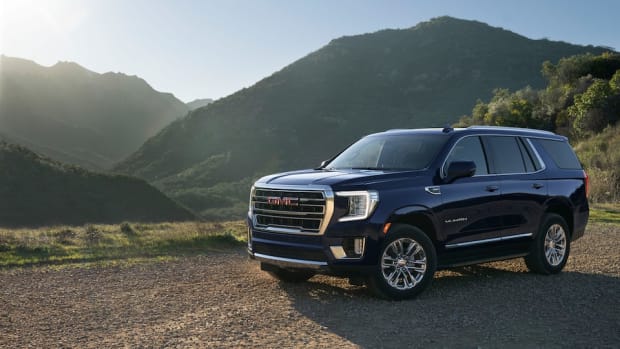
2022 GMC Yukon
- 5-year resale value: 47.2%
- Type: Full-size SUV
- Starting price: $52,100
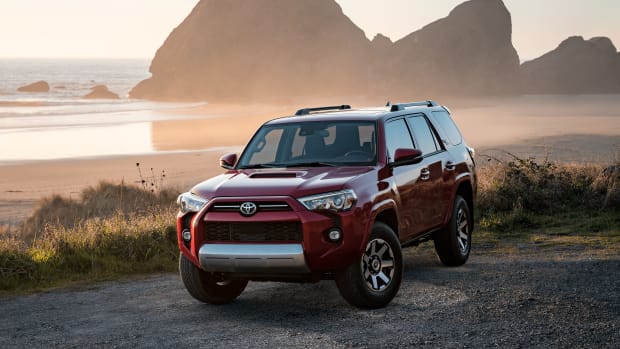
2022 Toyota 4Runner
- 5-year resale value: 58.6%
- Type: Off-road SUV
- Starting price: $37,605
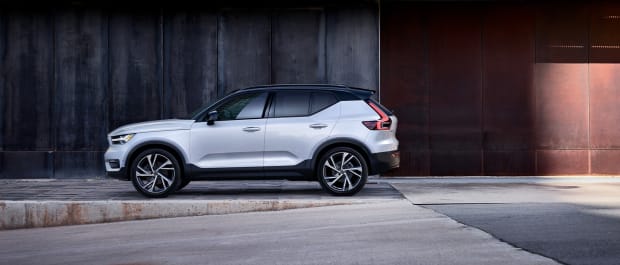
2022 Volvo XC40
- 5-year resale value: 39.0%
- Type: Subcompact luxury SUV
- Starting price: $35,100
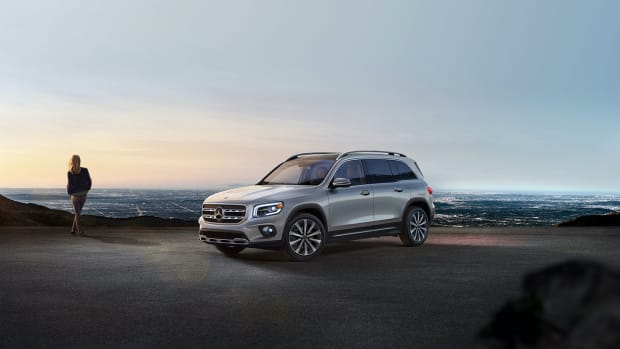
2022 Mercedes-Benz GLB
- 5-year resale value: 41.1%
- Type: Compact luxury SUV
- Starting price: $38,600

2022 Range Rover Velar
- 5-year resale value: 36.0%
- Type: 2-row midsize luxury SUV
- Starting price: $58,300
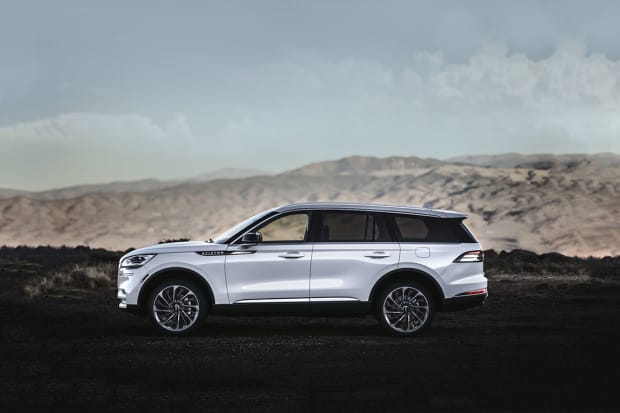
2022 Lincoln Aviator
- 5-year resale value: 41.5%
- Type: 3-row midsize luxury SUV
- Starting price: $51,780
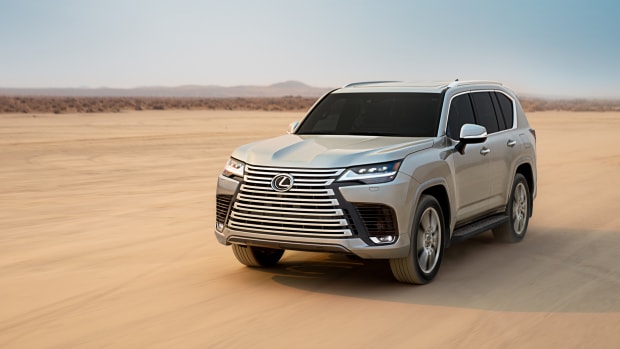
2022 Lexus LX
- 5-year resale value: 45.2%
- Type: Full-size luxury SUV
- Starting price: $88,245
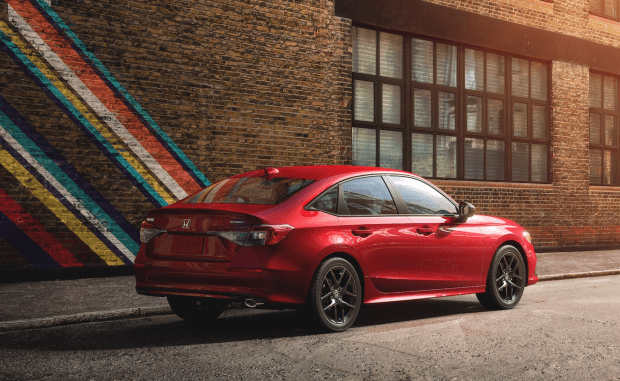
Cars With the Best Resale Value
2022 Honda Civic
- 5-year resale value: 49.8%
- Type: Compact car
- Starting price: $22,350
>> Also read: The Most Reliable Cars and Car Brands, According to Consumer Reports
Honda
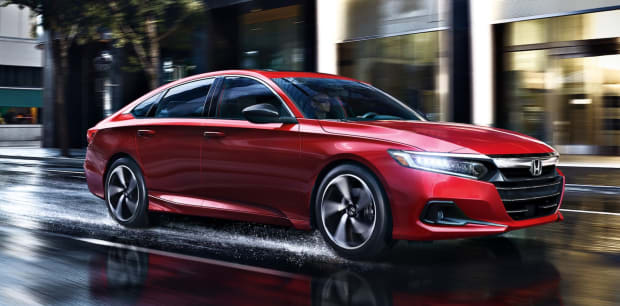
2022 Honda Accord
- 5-year resale value: 42.5%
- Type: Midsize car
- Starting price: $26,120
Honda
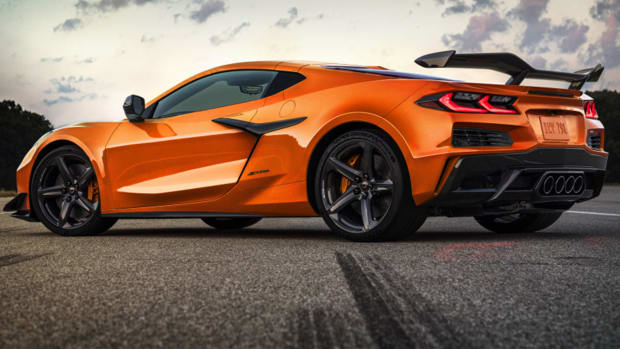
2022 Chevrolet Corvette
- 5-year resale value: 59.5%
- Type: Sports car
- Starting price: $60,900
Chevrolet
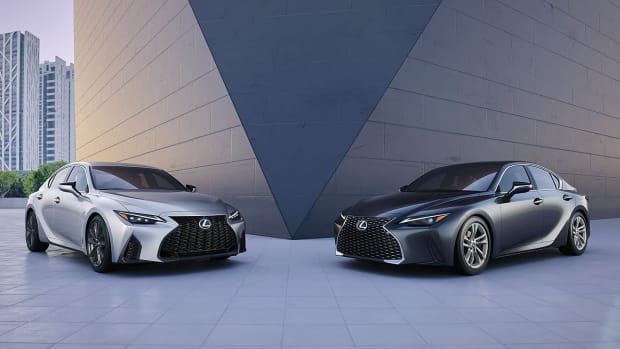
2022 Lexus IS
- 5-year resale value: 39.0%
- Type: Entry-level luxury car
- Starting price: $39,850
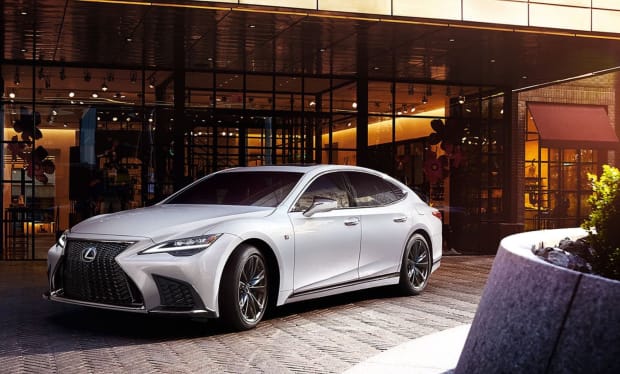
2022 Lexus LS
- 5-year resale value: 35%
- Type: luxury car
- Starting price: $77,075
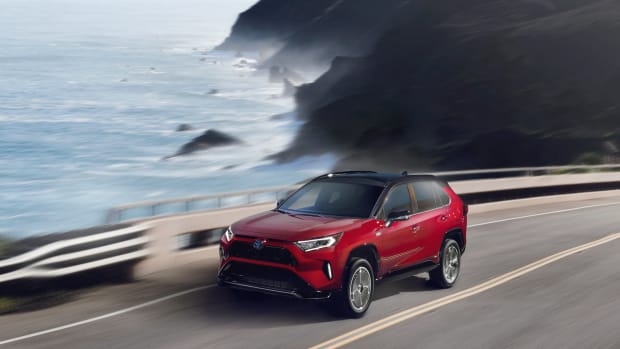
Trucks, EVs and a Minivan With the Best Resale Value
2022 Toyota RAV4 Hybrid
- 5-year resale value: 50.1%
- Type: Hybrid car
- Starting price: $29,075
Toyota
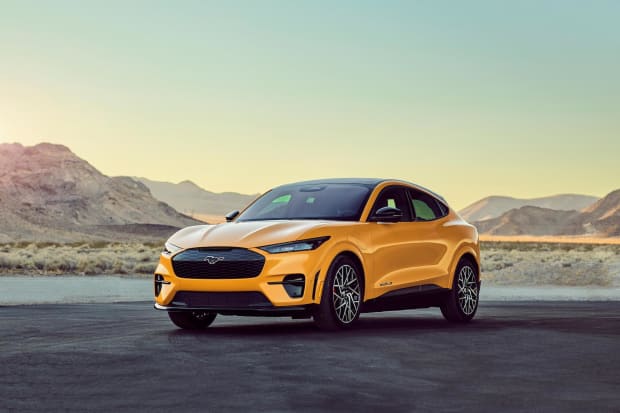
2022 Ford Mustang Mach-E
- 5-year resale value: 37.9%
- Type: Electric vehicle
- Starting price: $43,895
Ford
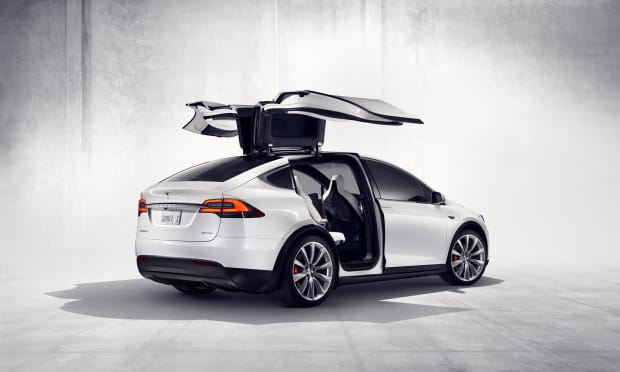
2022 Tesla Model X
- 5-year resale value: 57.6%
- Type: Electric luxury vehicle
- Starting price: $99,990
Tesla
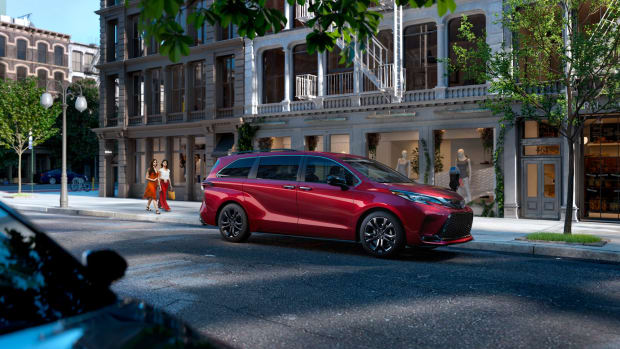
2022 Toyota Sienna
- 5-year resale value: 50.3%
- Type: Minivan
- Starting price: $34,710
Toyota
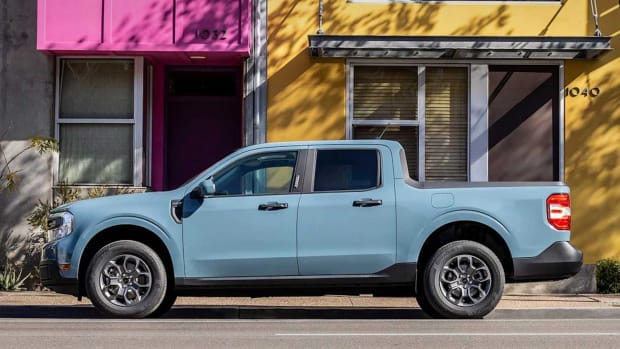
2022 Ford Maverick
- 5-year resale value: 59.5%
- Type: Compact pickup truck
- Starting price: $19,995
Ford
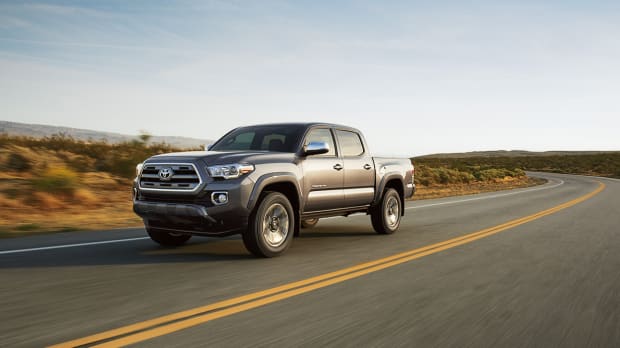
2022 Toyota Tacoma
- 5-year resale value: 61.7%
- Type: Midsize pickup truck
- Starting price: $26,700
Toyota
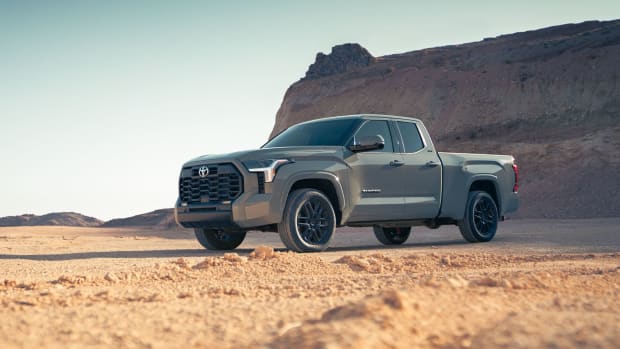
2022 Toyota Tundra
- 5-year resale value: 70.8%
- Type: Full-size pickup truck
- Starting price: $35,950
Toyota
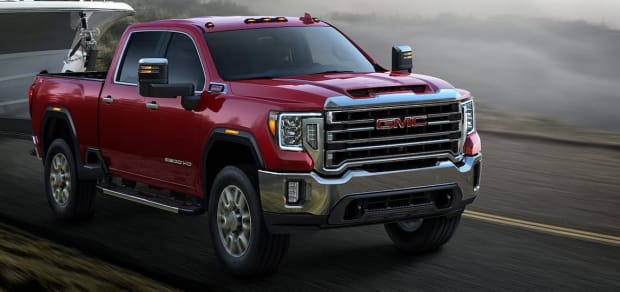
2022 GMC Sierra HD
- 5-year resale value: 63.0%
- Type: Heavy-duty pickup truck
- Starting price: $38,200

Brands With the Best Resale Value
Best Brand: Toyota
Toyota takes KBB's title for the fifth time in six years with five category wins.
Shutterstock

Best Luxury Brand: Lexus
Toyota's luxury marque earned KBB's award for the seventh time.
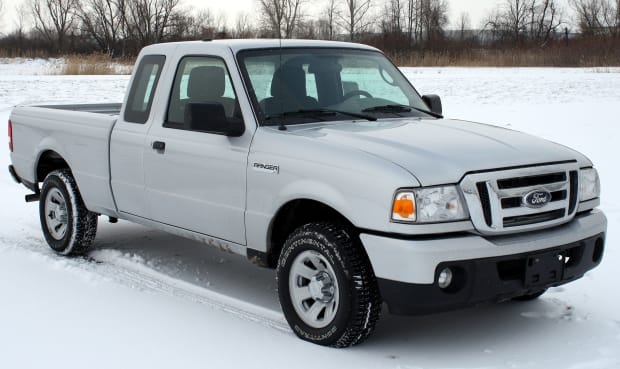
Used Vehicles Under $5,000
If you're looking for a used vehicle for under $5,000 -- a good one -- it's not going to be easy. KBB recommends looking for models like the 2007 Toyota Camry or Honda Accord, or from 2008, look for a Toyota Corolla, Honda Civic or Ford Ranger.
Car and Driver recommends the 2006 six-speed manual transmission Acura TSX, the 2005 BMW 5-series wagon, or a Ford F150.
Wikipedia
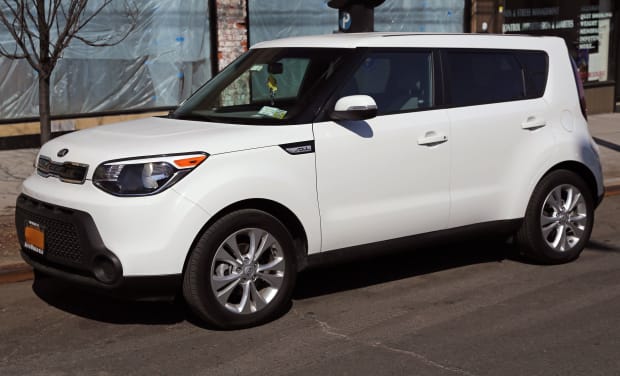
Used Cars Under $10,000
If your budget for a used car is $10,000, Cars.com says to look for a 2014 Kia Soul, a 2012 Chevrolet Volt, a 2012-13 Chevrolet Equinox, or 2012 Buick Regal, among others.
You can see Kelley Blue Book’s best resale value awards here.
Mr.choppers/ Wikipedia
>>Check out: The Cars That Are Most 'Made in America'







